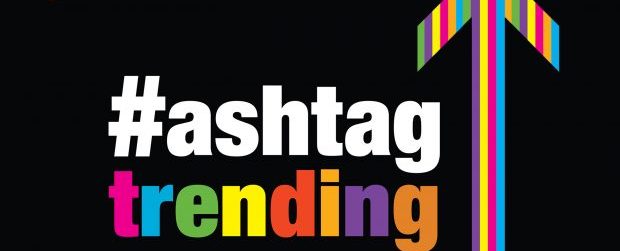The Wall Street Journal explains why you have to pay for Wi-Fi on your flight. The New Zealand government invests $150,000 into a video game that teaches players how to be an entrepreneur. And the Department of Homeland Security warns that Russian hackers have reached the control rooms of U.S. utility companies.
Welcome to a special edition of Hashtag Trending! Today’s episode highlights some overlooked stories that were trending last month. Look for our usual format to return on Aug. 14.
 |
 |
 |
First, trending on LinkedIn: If you’ve ever wondered why Wi-Fi on airplanes is slow and expensive, the Wall Street Journal and Bloomberg have an answer for you. It’s slow because it turns out most airborne Wi-Fi service doesn’t come from a satellite, but the ground. And it’s expensive because it turns out that installation and operating costs are pricier than you’d think, and airlines are having a difficult time encouraging passengers to pay enough to cover the costs. After all, from the passenger’s point of view, a plane’s Wi-Fi connection is not only expensive, but unreliable. The net result: companies that install the equipment are struggling. In fact, Gogo, which provides Wi-Fi for half the world’s airlines, has never been profitable.
Next, on Reddit: The New Zealand government has sunk $150,000 on a video game that teaches players how to be entrepreneurs. According to the New Zealand Herald, Restaurant Tycoon and Tech Tycoon challenges players to use what the World Economic Forum considers 10 essential skills vital for the future of employment, including emotional intelligence, cognitive flexibility, critical thinking, and creativity. And pretty much like you’d expect, players can level up and earn badges for certain achievements like paying supplier invoices and wages while still turning a profit. The game, which you can buy online for $10 New Zealand dollars, took eight designers 14 months to create. Also worth noting: It was a co-production between four organizations, so it cost more than $150,000, but an official budget wasn’t released.
Finally, also trending on Reddit: The U.S. Department of Homeland Security has warned that Russian hackers managed to infiltrate hundreds of American utility companies between 2016 and 2017, part of a massive, long-running campaign that is likely still going on. The Wall Street Journal has reported that some of these attacks could have reached the control rooms at some of these companies, many of which likely weren’t aware they were being hacked in the first place, where they could potentially cause blackouts. According to Homeland Security, the hackers worked for a state-sponsored organization previously known as Dragonfly or Energetic Bear.
